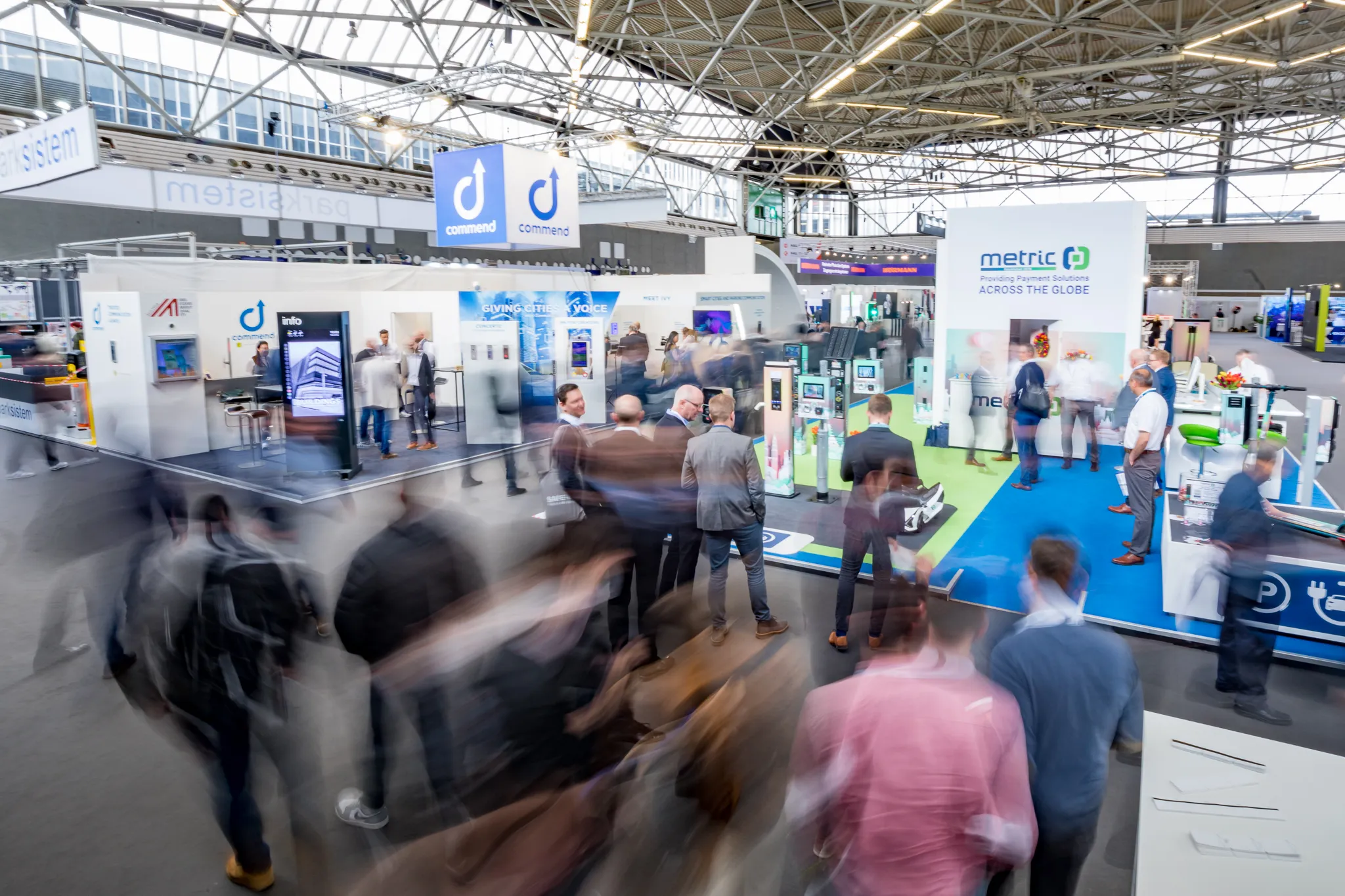Two Competitiveness & Innovation Program (CIP) projects, Cosmo and Compass4D, met in a joint workshop at the 9th European ITS Congress in Dublin where partners discussed the deployment of cooperative systems in European cities. Both projects demonstrate the benefits of cooperative mobility services in realistic conditions and quantify their impact on increasing energy efficiency in transport. As the Cosmo project comes to a close, Compass4D is beginning and can benefit from Cosmo’s best practices and lesso
June 7, 2013
Read time: 2 mins
Two Competitiveness & Innovation Program (CIP) projects, Cosmo and 7288 Compass4D, met in a joint workshop at the 9th 438 European ITS Congress in Dublin where partners discussed the deployment of cooperative systems in European cities.
Both projects demonstrate the benefits of cooperative mobility services in realistic conditions and quantify their impact on increasing energy efficiency in transport. As the Cosmo project comes to a close, Compass4D is beginning and can benefit from Cosmo’s best practices and lessons learnt in order to advance the sustainable deployment of Cooperative Intelligent Transport Systems (C-ITS) in Smart Cities.
The panel included Mr Pierpaolo Tona (Compass4D coordinator), Mr Gino Franco (129 Swarco 1675 Mizar and coordinator of COSMO), Mr Hossein Zakizadeh (609 Volvo), Mr Francisco Sanchez (CTAG) and Mr Siebe Turksma (769 Imtech), representatives of the automotive world and transport service providers.
The panel focused on three main topics; best practices and lessons learnt from COSMO; after-project life following the successful deployment of C-ITS services; and current barriers to the deployment of cooperative systems.
The final discussion focused on the need to establish international standards to ensure that services are provided everywhere and to guarantee interoperability. In conclusion, other barriers to the deployment of cooperative systems were briefly discussed, among them security issues which are still open problems in cooperative systems.
Both projects demonstrate the benefits of cooperative mobility services in realistic conditions and quantify their impact on increasing energy efficiency in transport. As the Cosmo project comes to a close, Compass4D is beginning and can benefit from Cosmo’s best practices and lessons learnt in order to advance the sustainable deployment of Cooperative Intelligent Transport Systems (C-ITS) in Smart Cities.
The panel included Mr Pierpaolo Tona (Compass4D coordinator), Mr Gino Franco (
The panel focused on three main topics; best practices and lessons learnt from COSMO; after-project life following the successful deployment of C-ITS services; and current barriers to the deployment of cooperative systems.
The final discussion focused on the need to establish international standards to ensure that services are provided everywhere and to guarantee interoperability. In conclusion, other barriers to the deployment of cooperative systems were briefly discussed, among them security issues which are still open problems in cooperative systems.








